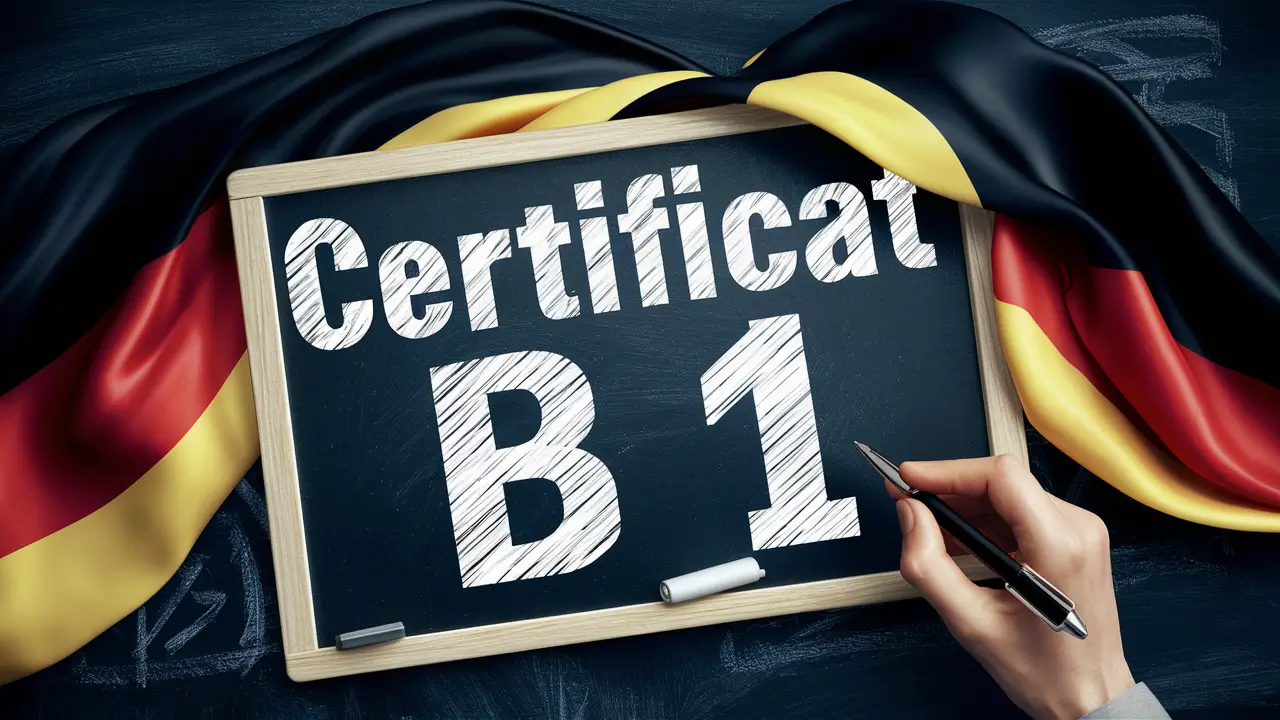Germany has recently updated its citizenship law, making significant changes to the naturalization process. One of the key areas affected by these changes is the language requirement. This blog post will guide you through the new language requirements for German citizenship as of 2024.
Overview of the New Language Requirements
Under the new German citizenship law, the language requirements have been adjusted to make the naturalization process more accessible while still ensuring that new citizens can integrate effectively into German society.
Key Points
- The required language level remains at B1 of the Common European Framework of Reference for Languages (CEFR).
- There are now more exceptions and alternatives for meeting this requirement.
- The process for demonstrating language proficiency has been streamlined.
Language Proficiency Levels
To understand the requirements better, let’s look at the CEFR levels:
| CEFR Level | Description |
|---|---|
| A1 | Beginner |
| A2 | Elementary |
| B1 | Intermediate |
| B2 | Upper Intermediate |
| C1 | Advanced |
| C2 | Mastery |
The B1 level required for citizenship indicates that you can:
- Understand the main points of clear standard input on familiar matters regularly encountered in work, school, leisure, etc.
- Deal with most situations likely to arise while travelling in an area where the language is spoken.
- Produce simple connected text on topics that are familiar or of personal interest.
- Describe experiences and events, dreams, hopes, and ambitions and briefly give reasons and explanations for opinions and plans.
Exceptions and Alternatives
The new law recognizes that language learning can be challenging for some individuals. As such, it provides several exceptions and alternatives:
- Age-based exceptions: Older applicants may be eligible for reduced language requirements.
- Educational background: Those who have completed education in German institutions may be exempt from formal language testing.
- Integration courses: Successful completion of integration courses may be considered as proof of language proficiency.
- Long-term residency: Individuals who have lived in Germany for an extended period and can demonstrate practical language use may have alternative assessment options.
Demonstrating Language Proficiency
To prove your language skills, you can:
- Take an approved language test at a certified testing center.
- Present a certificate from a recognized language school.
- Show evidence of successful completion of secondary education in German.
- Provide documentation of successful integration course completion.
Impact of the New Requirements
The changes in language requirements are expected to have a significant impact on naturalization rates. Let’s look at a projected graph of naturalization applications:

For more information about the certificates for German exams



